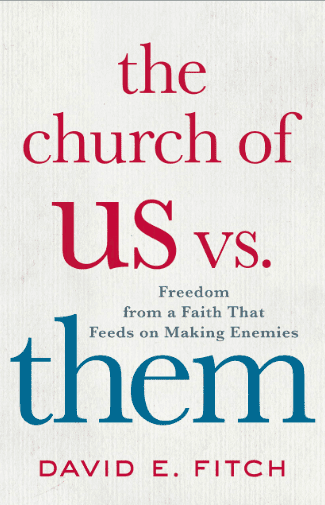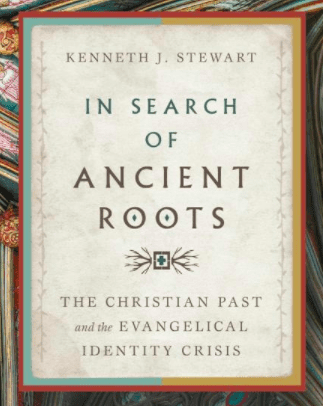The real question for historians of American religion and especially historians of American evangelicalism is “what are the politics of the category evangelical?” Why do we want more African Americans in a list of evangelicals? Why do we want more women? Because it is a privileged category. It is also a constructed category. It is, to use my favorite Jon Butler phrase, an interpretive fiction. It is an invention, first within the minds of Protestants since the Reformation and then within the minds of historians from Robert Baird to the guys at Patheos. Rather than worry about who is or isn’t an evangelical or adding more diversity to the list, historians should be investigating the process of this invention. We should be tracing the politics of the term and what is at stake in various places and times when people take, leave, fight for, argue about, or compromise over what it means to be “evangelical.” We don’t need more or different histories of evangelicalism or evangelicals, we need a genealogy of the term. We need to trace the invention of American evangelicalism. We need to stop assuming that evangelicalism is something out there for us to track down in the archive or research field and label correctly. Instead, let’s pay attention to how various subjects imagine evangelicalism and the political, cultural, and social forces at work in those imaginings. Let’s find out what’s at stake when people get included or excluded from “evangelicalism.”
HT: AT










